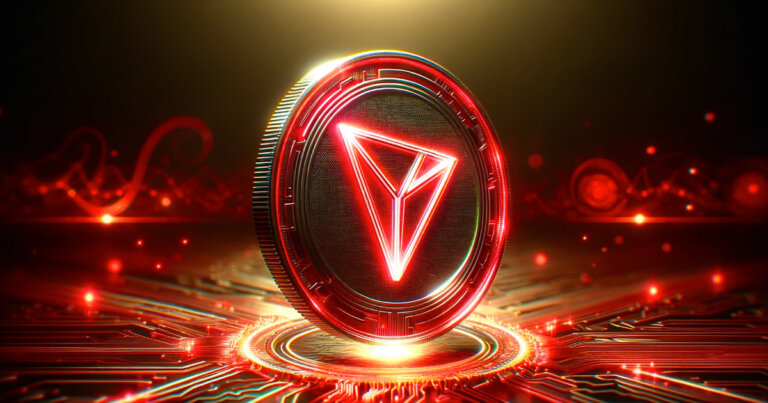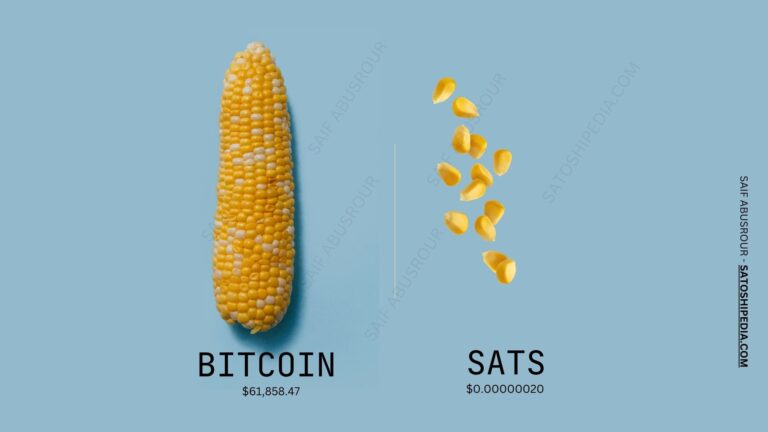Tron is making waves as a strong contender to Ethereum’s dominance in the blockchain world. With its lower transaction costs, faster speeds, and growing influence, Tron is positioning itself as a viable alternative to Ethereum. This article examines Tron’s strengths, including its impressive transaction processing capabilities and recent financial successes, while also considering its potential drawbacks in security and decentralization.
Details for Crypto Traders:
Tron has been making headlines as it strives to challenge Ethereum’s long-standing dominance. The platform’s core selling points are its dramatically lower transaction costs and significantly faster processing speeds. Unlike Ethereum, which handles around 30 transactions per second (TPS), Tron boasts a capacity of up to 2,000 TPS. This efficiency makes Tron an attractive option for users seeking quicker and cheaper transactions.
A notable achievement for Tron is its substantial role in the stablecoin market. Nearly 50% of Tether’s $33 billion supply is now on Tron’s blockchain, highlighting its growing influence and adoption. This dominance in the stablecoin space is a testament to Tron’s capacity to handle large volumes and maintain stability.
Financially, Tron is outpacing Ethereum in terms of revenue. Recent reports indicate that Tron’s revenue has exceeded Ethereum’s by 50% over the past month. With projections suggesting that Tron could generate over $2 billion by the end of 2024, it’s clear that Tron is not just a contender but a potential powerhouse in the blockchain industry.
Despite these strengths, Tron faces significant challenges. It lags behind Ethereum in terms of security and decentralization. Ethereum’s robust security features and decentralized nature contribute to its stability and long-term viability. In contrast, Tron’s focus on efficiency and cost reduction has raised concerns about its long-term security and decentralized integrity.
For crypto traders, these insights are crucial. Tron’s rapid growth and lower costs present exciting opportunities for traders looking to diversify their investments or capitalize on new trends. However, understanding Tron’s limitations in security and decentralization is equally important for making informed trading decisions.
The question remains: Can Tron truly become the “Ethereum Killer” the market has been waiting for? As Tron continues to evolve and address its current challenges, its potential to reshape the blockchain landscape and provide a formidable alternative to Ethereum becomes increasingly evident.



